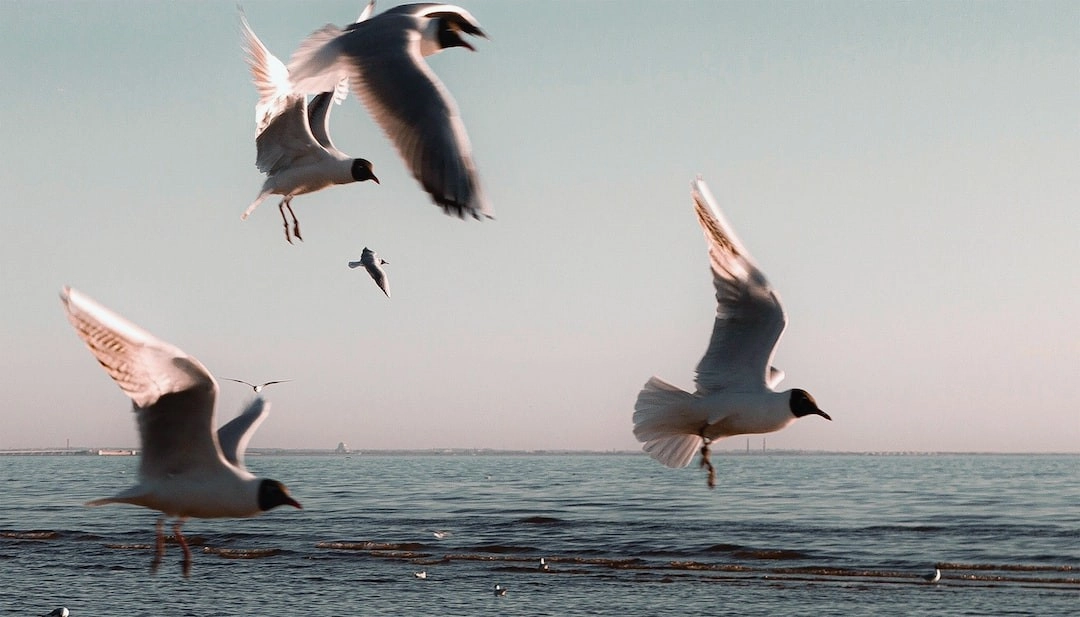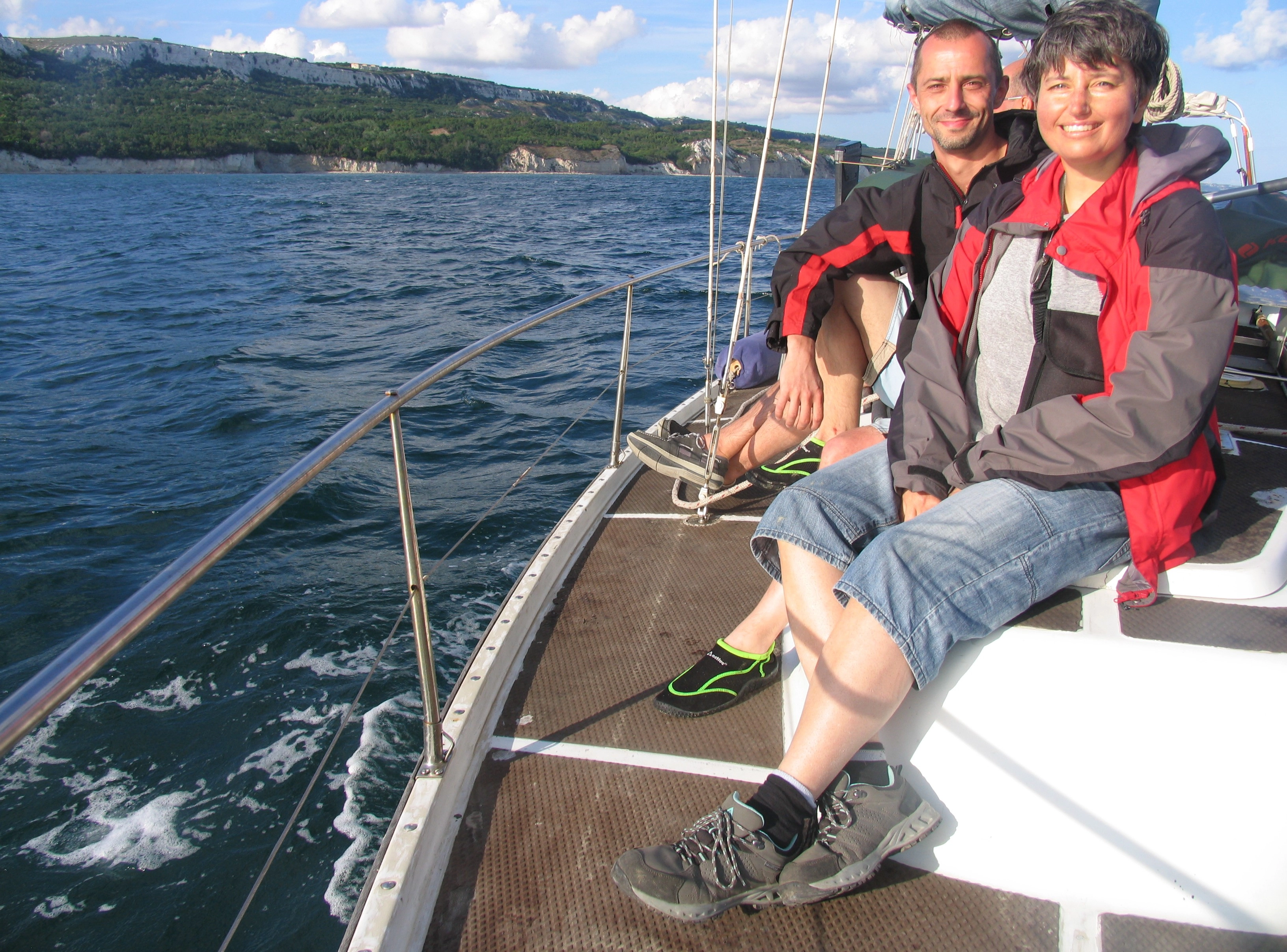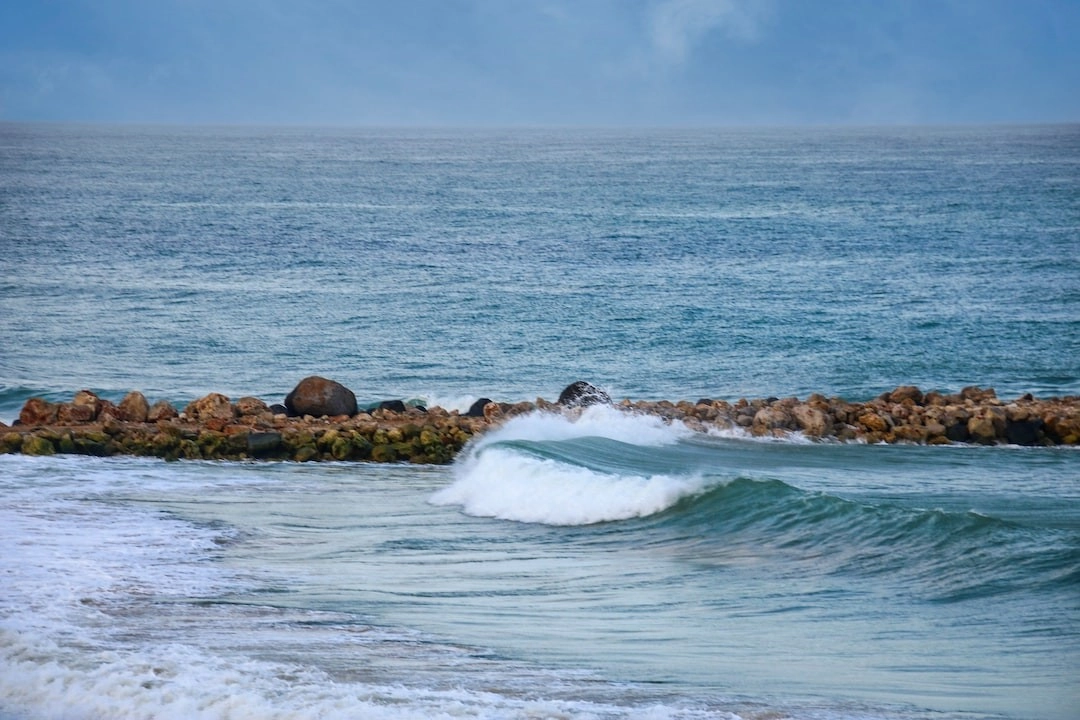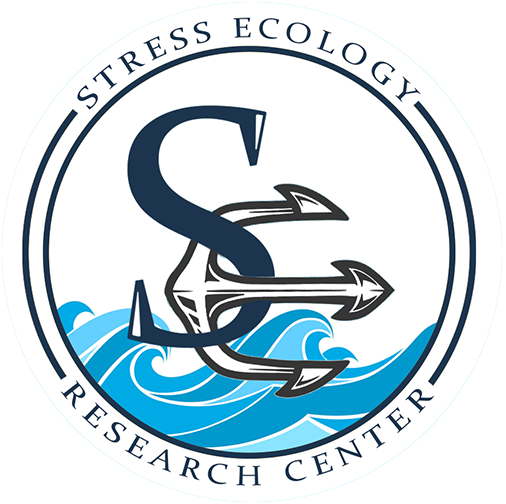Our team

At the core of the Center and our network are scientific institutions and participants in scientific projects key to the ecology of the Black Sea, namely:
The Laboratory "Free Radical Processes" at the Department "Biological Activity of Natural and Synthetic Substances" of the Institute of Neurobiology - BAS has over 30 years of history in the study of oxidative stress. The research carried out in the laboratory is related to the assessment of: the oxidative status of the organism in normal and pathological conditions, the effect of natural and synthetic substances (including newly synthesized medicinal preparations and their metal complexes) that metabolize to free radicals or form radicals of endogenous substances and cause oxidative stress; antioxidant activity of nutritional supplements and medicinal products aimed at protecting the cell from the harmful effects of free radicals; induction and reactions of active forms of oxygen; metal chelators and reactive oxygen species scavengers and their importance. An indicator of the quality of work of the laboratory's researchers is the fact that over 90% of experimental results have been published in international journals and are widely cited by other authors in the field. Many other scientific units from the country and abroad are showing interest in the work of the department. Specialists work in close cooperation with other BAS institutes (IBER, IBIR, IMB, IOCCF, IMicB) and Bulgarian universities (MU-Sofia, MU-Varna, Agricultural University-Plovdiv, Shumen University, Southwestern University-Blagoevgrad). In recent years in lab. "Free radical processes" is developing an innovative direction Stress Ecology. Stress in ecological systems occurs when environmental factors of both natural and anthropogenic origin adversely affect an ecosystem and its biotic components. In living organisms, this can lead to risks to their survival or impaired growth or reproduction. Scientists from the laboratory study the reaction of organisms to the environment, which serves to assess the state of the ecosystem and can serve as an early warning of a disturbance in the ecological balance and to take adequate measures to solve the problem.
https://inb.bas.bg/structure/scientific-departments-BENSS.html
Laboratory of Molecular Genetics (LMG) at IMB "Acad. R. Tsanev" – BAS. The Laboratory conducts state-of-the-art scientific research in the fields of molecular genetics and epigenetics. Projects of fundamental importance such as structure and organization of the cell nucleus, genomic and chromatin changes during cell aging are being worked on. Applied projects are also being developed in the areas of food genotoxicology and genetics, and ecogonotoxicology of plant populations and populations of biomonitoring animal species. Several variations of the Comet Test have been developed in the Laboratory. Thanks to her experience in the Comet test, in 2018 she was successfully certified by the organization NORMAN (Network of reference laboratories,
http://www.bio21.bas.bg/imb/?id=70
http://www.chromatinepigenetics.com/p/regional-contacts.html
Department of Biology, Faculty of Natural Sciences at "Bishop Konstantin Preslavski" University Shumen: The team from Shumen University has extensive experience in research in the field of microbiology and food safety. The department employs highly qualified specialists in the field of the biology of lactic acid bacteria such as probiotics, producers of antibacterial substances (bacteriocins) and absorption of prebiotics by lactic acid bacteria and synthesis of exopolysaccharides and their application as corrosion protectors and protectors in dentistry. In addition, the Microbiology laboratory conducts research on the quantitative and qualitative composition of sanitary-important microorganisms in various marine organisms and the search for antimicrobial agents - biopreservatives such as bacteriocins and the development of bacteriocinogenic strains and the isolation of bacteriocins from marine foods and products, which may lead to the production of valuable strains to be used both as biopreservatives and as additives in aquaculture food products.
https://sites.google.com/view/shu-biology
The Institute of Oceanology "Prof. Fritjof Nansen" of the BAS (IO-BAS) conducts fundamental and applied scientific research in the field of oceanology in accordance with national priorities and global trends. The research, scientific-applied and expert activities are aimed at developing a strategy for sustainable development and management of the Black Sea ecosystem, in accordance with regional and European legislation, applying an ecosystem approach. The activity of IO-BAS covers scientific research and training in the priority areas: marine physics, chemistry, hydrology, climatology, geomorphology, geology, morphodynamics of the seabed and coastal zone, biology and ecology of the sea, hydrodynamics and lithodynamics of the coastal zone and operational oceanography.
Members of our team:
Prof. Nesho Chipev
e-mail: nchipev@abv.bg
Prof. Albena Alexandrova
Institute of Neurobiology - BAS
e-mail: aalexandrova@abv.bg
Prof. Gergi Milushev
Institute of Molecularbiology - BAS
е-mail: miloshev@bio21.bas.bg
Prof. Tsveteslava Ignatova-Ivanova
University of Shumen
е-mail: tsignatovaivanova@shu.bg
Asoc. prof. Violin Raykov
Institute of oceanology - BAS
Email: vio_raykov@abv.bg
Партньори:
Лаборатория „Свободно-радикални процеси“ към направление „Биологична активност на природни и синтетични вещества“ на Институт по Невробиология – БАН
Лаборатория по молекулярна генетика (ЛМГ) към ИМБ „Акад. Р. Цанев“ – БАН
Катедра „Биология“, Факултет „Природни Науки“ към Шуменски Университет „Епископ Константин Преславски“
Института по океанология „Проф. Фритьоф Нансен“ на БАН
Катедра „Обща и приложна хидробиология“ към Биологически факултет на СУ "Св. Климент Охридски"
Нашата история
Екологията е съвременна комплексна наука, която изучава взаимоотношенията между организмите помежду им и тези между организмите и тяхната среда. Един универсален съвременен подход за оценка на множественото въздействие на условията на обкръжаващата среда върху състоянието на дадена екосистема е подхода стрес-отговор. Екосистемата на Черно море включва много различни организми, а те имат много различни взаимоотношения с морската среда, ефектите на които се проявяват на различни биологични нива. Добиването на знания за механизмите на стресовото въздействие на средата и биологичния отговор на организмите изисква интегрирани подходи - както реални наблюдения в природата, така и изследвания в лабораторията.
Ние, учените от СтресЕко, сме навсякъде – от морското дъно до лабораторията и нашите иновативни изследвания са от нивото на молекулите до екосистемата.




